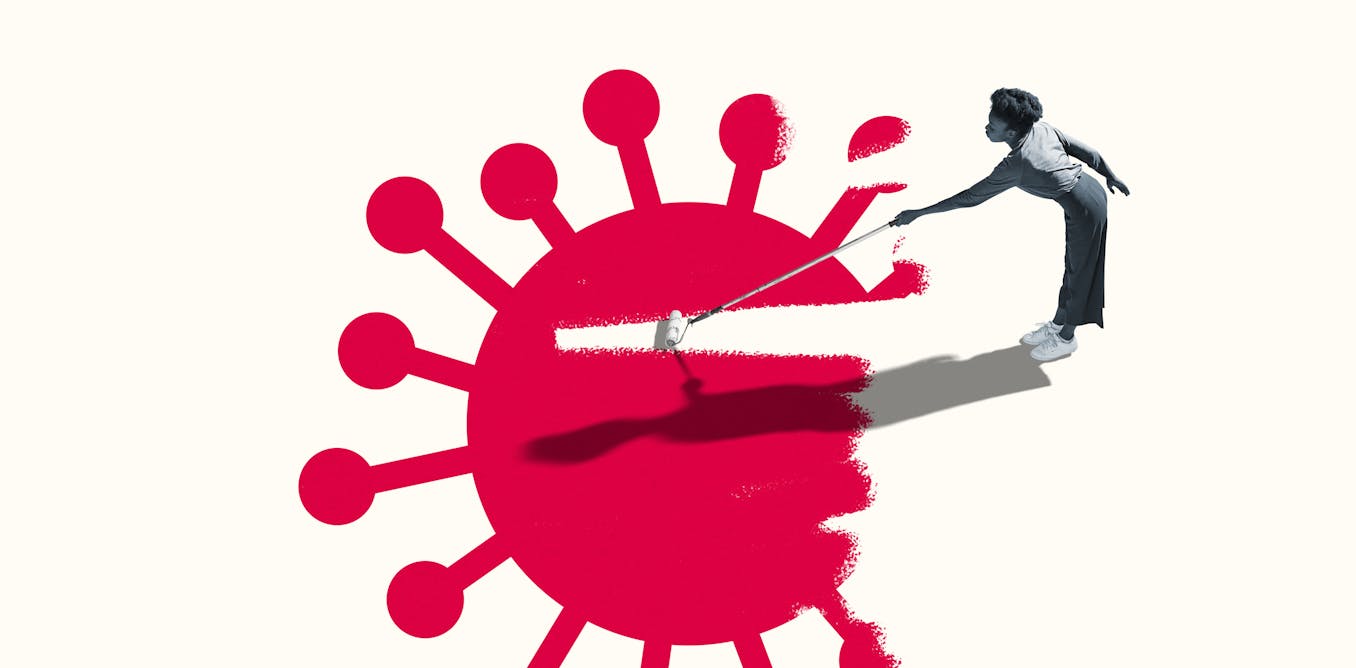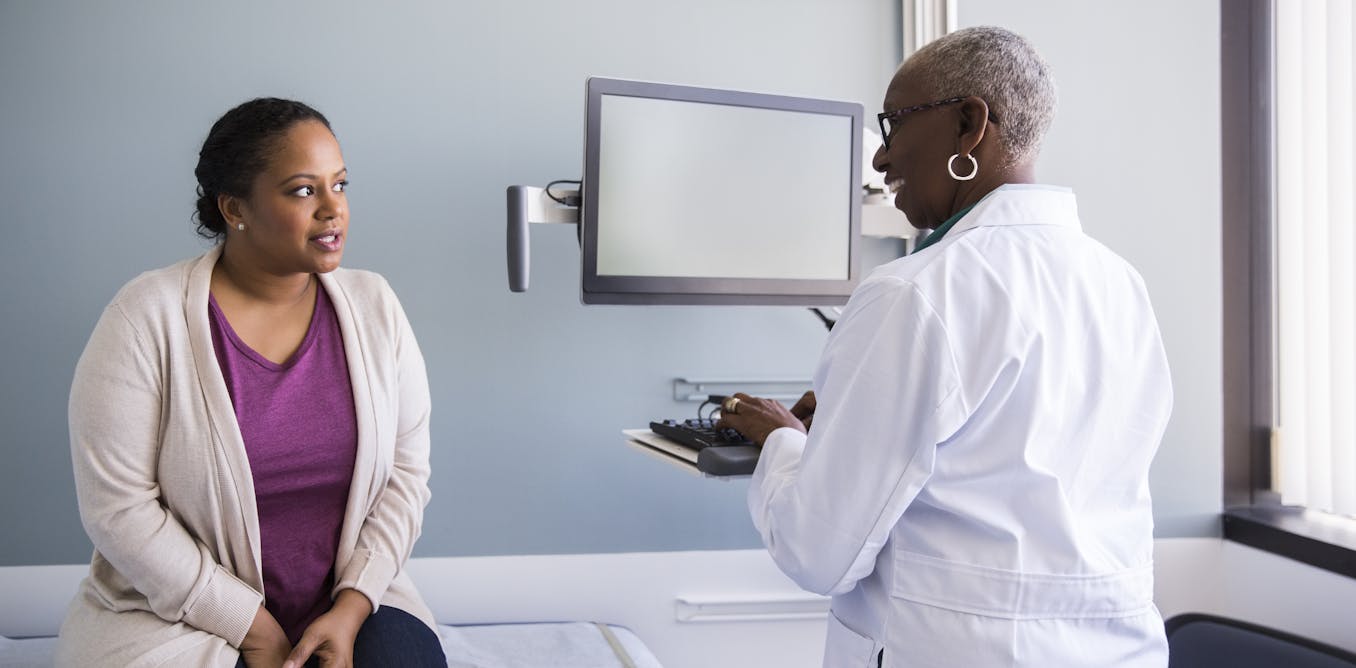The US committed to meet the UN's Sustainable Development Goals, but like other countries, it's struggling to make progress
Halfway to the SDGs’ 2030 deadline, countries have made progress, but most are struggling to meet all 17 goals. The US is no exception.
Sept. 6, 2023 • ~9 min










